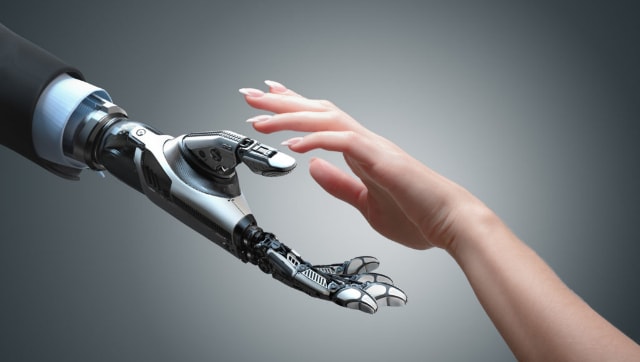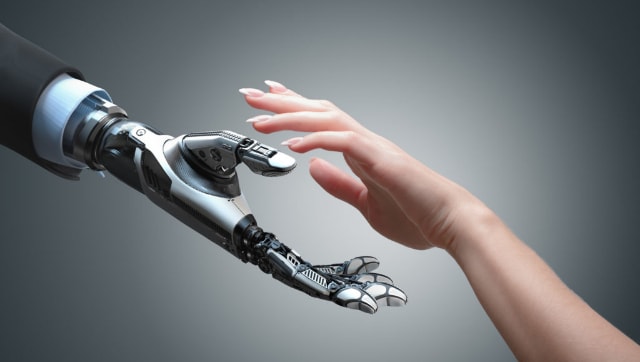
Human interactions with AI and AI bots will become so seamless that it will be hard to distinguish between what is AI-generated and what is human, says Mohammad “Mo” Gawdat. As a result, relationships with AI-powered sex dolls will be very common, he said
In a recent interview on the “Impact Theory” podcast with Tom Bilyeu on YouTube, the former chief business officer for Google X, Google and Alphabet’s special projects, Mohammad “Mo” Gawdat made bold predictions about the future of AI. He believes that AI-powered sex robots will advance to such an extent that they will closely resemble real human partners, raising the question of whether AI could replace humans in intimate relationships.
According to Gawdat, AI will enable us to have simulated sexual experiences using special headsets like Apple’s Vision Pro or Quest 3, which provide virtual reality experiences. With the assistance of AI-powered bots, these headsets will make users feel like they are genuinely interacting with humans.
Susceptibility of The Human Brain
Gawdat explained that our brains can be easily deceived by experiences that seem authentic, even if they are not real. If AI can convincingly act and emulate human emotions, it could become challenging for people to discern between real experiences and AI-generated interactions. What’s worrying is, that AI, as we know, is already there.
Related Articles
Moreover, Gawdat discussed the possibility of technology directly connecting to our brains in the future through BCIs. This could lead to interactions that feel as genuine as talking to and engaging with another human being. In this scenario, the need for a human partner might become unnecessary for some individuals.
The Rise of Waifus
It’s important to note that while these predictions may appear to be speculative, they are already playing out in some form or the other. Virtual sex is already a massive market in the US. Plus, AI-based digital girlfriends or waifus are a major component of Japanese and South Korean geek culture.
Furthermore, They contribute to the ongoing debate about the potential impact of AI on various aspects of human life, including relationships and intimacy. As AI technology continues to evolve, ethical considerations and societal implications will undoubtedly play a significant role in shaping its integration into our lives.
Gawdat recognizes the complexities and challenges that come with real human relationships. He envisions a future where AI technology becomes so advanced that it can effectively replicate the mental and emotional aspects of closeness, such as friendship and romantic love.
The ongoing debate surrounding AI-powered bots revolves around the question of whether they should be considered “sentient” beings, capable of experiencing emotions and thoughts like humans. However, Gawdat contends that the level of connection one feels with an AI companion is what matters most. If individuals form strong emotional bonds with AI partners, the question of whether they are technically sentient becomes less relevant.
Human and AI Interactions
Gawdat predicts that as AI technology continues to improve, distinguishing between human and artificial interactions could become increasingly difficult. Consequently, having AI-powered partners might become more common and accepted in society. This, however, raises important ethical questions about the implications of such relationships and the boundaries between human and AI interactions.
As we move forward, society will need to grapple with the moral and ethical considerations surrounding AI and its role in love and relationships. It is crucial to thoughtfully ponder what is right or wrong in this context and explore the potential impact of AI on human connections in the future. The advancement of AI technology will undoubtedly prompt us to reevaluate and redefine our perspectives on love and relationships.












